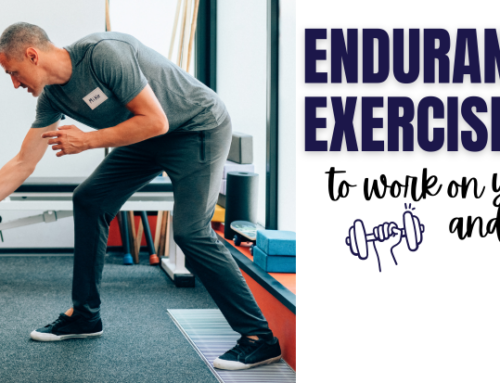Did you realise that, when training, the main work to improve your strength and fitness actually happens during the night?
This blog is about the relationship between training and sleep..

Photo by Alexandra Gorn on Unsplash
Muscle growth
Yes, while you need to put in the hard work during the training sessions, what actually happens is, you are creating micro-tears in your muscles. This stress is required to give your body the message to repair and grow the muscle. This causes the muscle soreness you experience in the days after training. But, in order to actually get stronger from the training, one of the things that is important is to get a good night’s sleep (what you eat is also part of this process).
Optimal training
The other importance sleep has on your training is the ability to get a good night’s sleep, meaning the quality of your sleep. I really see this a lot in my work. Clients who turn up tired will invariably have a poorer quality training session than someone turning up awake and ready to go from a good sleep. Your heart has had time to rest and your cells and tissues have had time to recover from the day before. Also, if you are taking part in a sport that requires good cognitive function, it is shown that sleep is vital.
I am a bit obsessed with getting a good night’s sleep because I get grumpy when I don’t get enough sleep (just ask my husband).
These are the things I do to help my sleep:
- Get around 8 hours of sleep every night.
Everyone is different, but it is recommended to get from 7-9 hours of sleep every night. I definitely suffer when I get less than that. - Putt the phone off at least an hour before going to to sleep and keep it out of the bedroom.
My friends know that if they send me a message after 9pm they won’t get an answer until the morning. This is because the blue light of screens makes it difficult for you to switch off and fall asleep. - Read a book before going to sleep.
I always read before I go to sleep. It needs to be something quite easy to read. This helps me relax and switch off before I try to fall asleep. - Deep breathing exercises before getting to sleep.
Sometimes it takes me a bit of time to fall asleep from the moment I first close my eyes because I am not able to switch off my brain. When this happens, I take deep belly breaths and count them up to 10 and then repeat until I fall asleep. - Keep active.
Most days, I do some form of exercise. Statistics show that being active helps your sleep. But you should be careful that you don’t do it too late in the day, as it creates endorphins that can stop you from sleeping. - Keep the room dark with a window open.
The environment in which you sleep is essential. I have black-out curtains and, because there are still gaps that let light in, I wear an eye mask. Having the window open also keeps the room temperature more conducive to sleep. - Go to bed and get up at the same time every day.
Keeping a regular sleep schedule helps your body maintain an internal body clock and makes falling asleep and waking up easier. - Take a magnesium supplement.
While the jury is out on this one, I feel like it makes a difference to my sleep taking a magnesium supplement. If you decide to do the same, make sure it is right for you, especially if you are on medication.
What are the things you do to make sure you have a good sleep?
Author: Lorna Wilson
Like what you see? Then send me a message or e-mail. We can meet up for a chat and find out how I can help you improve your training and help reduce injury risk.
06 460 377 74 / lorna@wilsonsworkouts.nl




